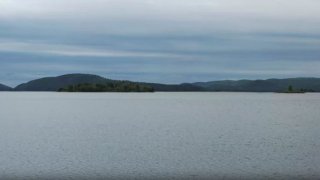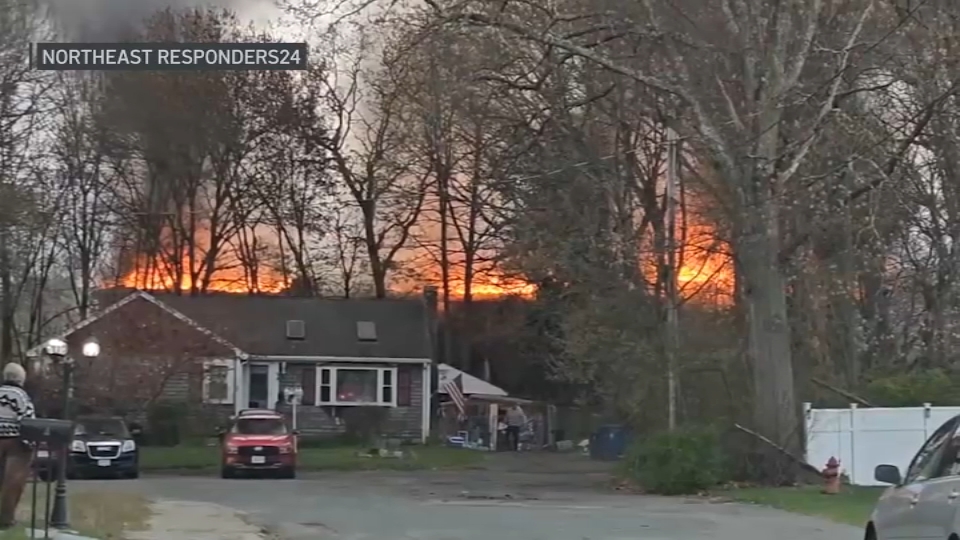
Six cents for four towns?
A State House book talk Wednesday offered an interesting tale of the four towns that state government took and flooded to create the Quabbin Reservoir -- and it also lent historical context to lawmakers' push for an added fee on Massachusetts Water Resources Authority water customers.
A bill (S 447 / H 897) filed by Rep. Aaron Saunders and Sen. Jo Comerford seeks to add what Saunders called "a dose of equity" for communities around the Quabbin.
Much of the watershed is owned by the MWRA and preserved to protect the water source, leaving area towns without economic development opportunities to grow a commercial tax base. Saunders said municipalities need funds for essential services like fire and police departments in towns like New Salem, Wendell, and Ware.
Get Boston local news, weather forecasts, lifestyle and entertainment stories to your inbox. Sign up for NBC Boston’s newsletters.
Saunders, of Belchertown, said the proposal would add a minuscule excise charge for ratepayers who get Quabbin water piped in, with the money going back to support basic operations in Quabbin-area municipalities.
"The way that it's arranged, or proposed to be arranged, is a 5 cent per 1,000 gallon excise on water that's drawn from the Quabbin. Now what that means in real life is that if you're the average Boston Water and Sewer ratepayer, you would see approximately a 6 cents per month increase on your monthly water and sewer bill. It's a tremendously small price to pay for a measure of equity of this magnitude," Saunders told the News Service.
The venue Wednesday was a talk by Ware author Elena Palladino, whose quest to learn about her historical home -- built nearly a century ago with salvaged remnants of a house from soon-to-be-flooded Enfield -- led to a 160-page chronicle of three prominent Enfielders who resisted the reservoir's arrival.
Local
In-depth news coverage of the Greater Boston Area.
Palladino described the Quabbin's present-day scenic vista as "beauty born of loss."
The Legislature in 1938 disincorporated four Swift River Valley towns -- Enfield, Dana, Greenwich and Prescott -- and flooded their former territory to create the new water source for Eastern Mass. Buildings were demolished and trees were clear-cut after the state either bought the property or took it by eminent domain, pushing families into neighboring towns.
"I can tell you, living in Western Mass., that many people who live there still hold onto this feeling of resentment today. Many of the towns around the Quabbin are struggling with aging water infrastructure and other issues," Palladino said at the conclusion of her State House event.
Saunders and Comerford were in the audience, and Comerford took the mic during a question-answer period to tell Palladino that her book's story was "the soul of the bill" they had sponsored.
"It's the reason that the state has, I believe, a reason to want to repay these people, these towns, the watershed," said Comerford, of Northampton. "There's a 100,000-acre watershed that the remaining towns steward so that Boston can drink clean water. ... And I think, like the four towns that came before us, we just want to be seen and understood for that."
Saunders added, "We worry about a lot of things in Massachusetts, and in the Metro Boston area. We don't worry about water. And 6 cents per month is a tiny, tiny cost to accommodate that benefit, to not have to worry about water."



